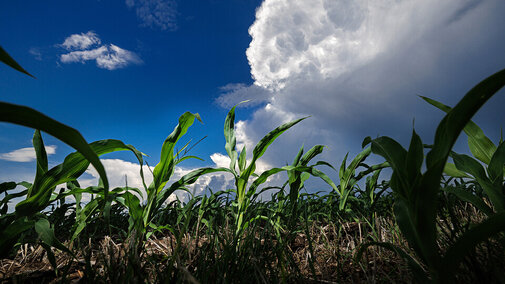Agricultural biotechnology can play a key role in meeting growing global food demand if a series of regulatory, policy and public education challenges are strategically addressed, says a new report from a roundtable of experts convened by the Clayton Yeutter Institute of International Trade and Finance.
The report recommends streamlining redundant U.S. regulatory protocols, as well as emphasizing clarity and uniformity in countries’ regulations on sanitary and phytosanitary trade issues. International trade agreements should include agricultural biotech provisions, and science-based outreach is needed to boost public understanding of safe technologies such as gene-edited crops.
Participants in the Yeutter Institute project included high-level government officials from the current and previous presidential administrations, farmers, plus academics and practitioners in plant genetics, agricultural sciences, economics and law. The Yeutter Institute is part of the University of Nebraska–Lincoln’s Institute of Agriculture and Natural Resources.
Global population is on course to reach 9.3 billion by 2050, up from the current 8.1 billion, and ag biotech innovation is crucial to increase crop yields. But, the report says, “the U.S. regulatory process threatens to hold up innovation” because the “cumbersome regulatory structure can result in duplicative reviews and is a costly burden on innovators.”
U.S. officials can help, the report recommends, by streamlining and coordinating the redundant regulatory processes for ag biotech conducted separately by the U.S. Department of Agriculture, Food and Drug Administration, and Environmental Protection Agency.
Continue this article on IANR News.

